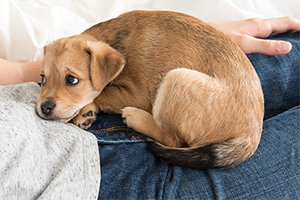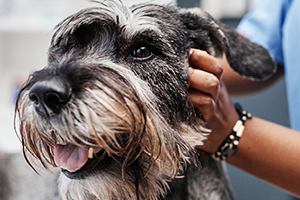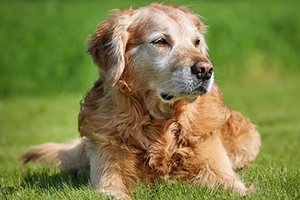Our dogs tend to wear their feelings openly through their body language: that wagging tail of friendly alertness or the pricked-up ears and watchful stance that show they are on guard. One habit that can be more difficult to understand, though, is shaking in dogs, as the causes can be either physical or emotional.
We’re not talking about the kind of energetic shaking you see in wet dogs drying themselves off after a dip in a pond or bath, but a shivering or trembling action where the cause is not always immediately clear. And while some instances of shaking in dogs are nothing to worry about, others can be a sign of a serious health issue. So, should you be worried if your dog is shaking or trembling? Paying attention to when they’re doing it can help you narrow down the possible reasons, and decide what to do next.



















